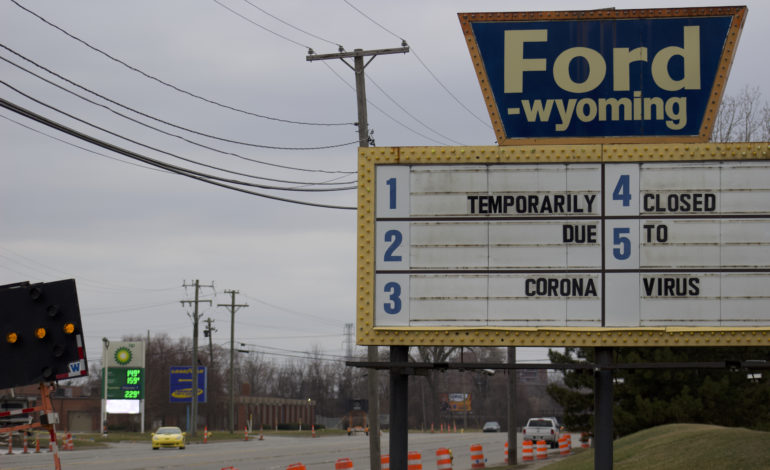DEARBORN — Since the announcement of Monday’s executive order by Governor Whitmer, dubbed “Stay Home, Stay Safe”, Michigan residents have questioned how much the new rules restrict their travel on the road during the COVID-19 outbreak in their state.
Lets take a look at travel and driving components of the order to clarify what the order means for Michiganders on the road. Under Section 7, under “Exceptions”, the rule says that individuals may travel:
- To return to a home or place of residence from outside this state.
- To leave this state for a home or residence elsewhere.
- To travel between two residences in this state.
- As required by law enforcement or a court order, including the transportation of children pursuant to a custody agreement.
Other exceptions to the stay-at-home order include walking, hiking, running, cycling or any other recreational activity, and of course traveling for work to and from “essential” businesses that will remain open throughout the order’s three-week period. The order is an encouragement to practice distance while performing the most essential tasks necessary. This does not mean people should be discouraged from traveling to ensure the safety of themselves and their loved ones. Section 7 says travel is allowed:
“To perform tasks that are necessary to their health and safety, or to the health and safety of their family or household members (including pets). Individuals may, for example, leave the home or place of residence to secure medication or to seek medical or dental care that is necessary to address a medical emergency or to preserve the health and safety of a household or family member (including procedures that, in accordance with a duly implemented nonessential procedures postponement plan, have not been postponed).”
These tasks require being on the road. It stands to reason that the only possible way state or local police would be able to check whether everyone on the road is traveling for “essential” reasons only, would be to enforce a check-point, which Governor Whitmer said on Monday was not part of the order. She also explained that fines for businesses that may be non-complaint with safety and distancing requirements will be enforced by the state’s health department.
The stay-at-home order is not a lock-down and is not being enforced through martial law. Residents will even be able to travel to attend legal proceedings or hearings for essential or emergency purposes. More importantly, residents are allowed “to work or volunteer for businesses or operations (including both and religious and secular nonprofit organizations) that provide food, shelter and other necessities of life for economically disadvantaged or otherwise needy individuals, individuals who need assistance as a result of this emergency and people with disabilities.”
This means police may speak to businesses and individuals to educate them about the order if they see a violation. The order is clearly a very strong recommendation from the state, with some enforcement and fines if required, for residents to practice extreme caution while out and engage only in those activities necessary to fulfill basic needs.






Leave a Reply